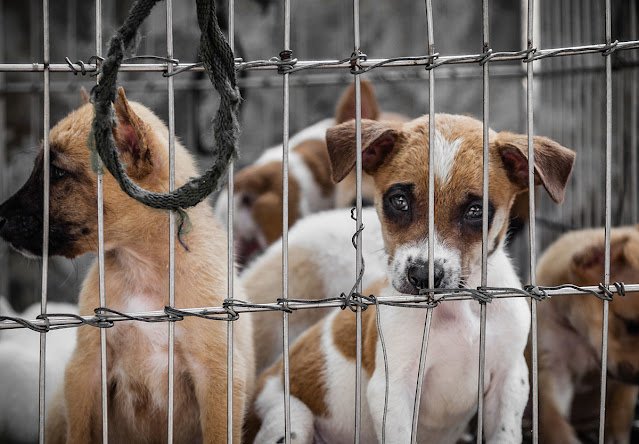Child Labour a Curse to Humanity
CHILD LABOUR
The term “child labour” is often defined as work that deprives children of their childhood, their potential and their dignity, and that is harmful to physical and mental development.
In many countries child labour is mainly an agricultural issue. Worldwide 60 percent of all child labourer's in the age group 5 - 17 years work in agriculture, including farming, fishing, aquaculture, forestry, and livestock. This amounts to over 129 million girls and boys.
The report warns that globally, 9 million additional children are at risk of being pushed into child labour by the end of 2022 as a result of the pandemic. A simulation model shows this number could rise to 46 million if they don’t have access to critical social protection coverage.
Additional economic shocks and school closures caused by COVID-19 mean that children already in child labour may be working longer hours or under worsening conditions, while many more may be forced into the worst forms of child labour due to job and income losses among vulnerable families.
Duty of Government
Focusing and convergence of general development programmes for benefiting children wherever possible, A Core Group on convergence of various welfare schemes of the Government has been constituted in the Ministry of Labour & Employment to ensure that, the families of the Child Labour are given priority for their upliftment.
Project-based action plan of action for launching of projects for the welfare of working children in areas of high concentration of Child Labour.
Government Policies
Legislative Policy adopted by Government for eradication of Child Labour following steps have been taken Prevention:
- Child Labour (Prohibition & Regulation) Act, 1986 prohibits employment of children below the age of 14 years in 18 occupations and 65 processes.
- The onus of enforcement of the provisions of the Act lies with the State Governments as envisaged in Section 2 of the Act.
- The Union of India monitors the enforcement from time to time. Special drives on enforcement and awareness generation are also launched from time to time.
- The Act prohibits employment of children in 13 occupations and 57 processes contained in Part A & B of the Schedule to the Act (Section 3).
- Under the Act, a Technical Advisory Committee is constituted to advice for inclusion of further occupations & processes in the Schedule.
- The Act regulates the condition of employment's in all occupations and processes not prohibited under the Act (Part III).
- Any person who employs any child in contravention of the provisions of section 3 of the Act is liable for punishment with imprisonment for a term which shall not be less than three months but which may extend to one year or with fine which shall not be less than Rs 10,000 but which may extend to Rs 20,000 or both.(Section 14).
- The Central and the State Governments enforce the provisions of the Act in their respective spheres.

- We should help them fulfill their potential and defend their rights.
- We should teach them about human rights and educate them.
- We should not discriminate on the grounds of gender, race and religion. All are equal.
- We should provide food, water, clothing to poor children with proper sanitization.
- We should spread awareness among those areas which are more prone to child labour.
- We can protest against those who are doing child labour and stop them.






Comments
Post a Comment